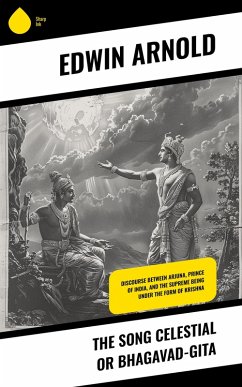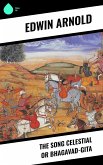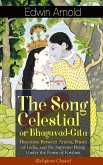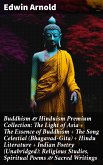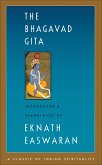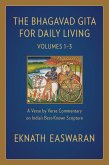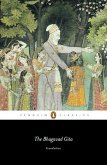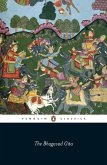In "The Song Celestial or Bhagavad-Gita," Edwin Arnold presents a poetic translation of the ancient Indian text, the Bhagavad-Gita, integrating vivid imagery and lyrical elegance synonymous with his literary style. Arnold embraces the themes of duty (dharma), righteousness, and spirituality, eloquently conveying complex philosophical notions within the context of the epic battlefield dialogue between Prince Arjuna and Lord Krishna. His work not only aims to make the essence of Eastern thought accessible to Western readers but also captures the richness of its cultural and spiritual heritage, illuminating the timeless quest for meaning and righteousness amidst the turmoil of life. Edwin Arnold (1832-1904) was a British poet, journalist, and notable Orientalist whose admiration for Hindu philosophy profoundly influenced his literary endeavors. His engagement with Eastern texts was propelled by a broader Victorian fascination with spirituality and the quest for ethical living. Arnold's scholarly pursuits, alongside his travels in India, equipped him with the insights needed to depict the Gita's intricate moral dilemmas and philosophical richness, showcasing his commitment to bridging Eastern and Western worldviews. "The Song Celestial" is highly recommended for readers seeking a profound exploration of ethical and metaphysical questions. Arnold's translation offers not only an introduction to one of the world's revered spiritual texts but also a meditation on the universal struggle between duty and desire. This work invites readers to reflect on their own paths amidst the complexities of existence.
Dieser Download kann aus rechtlichen Gründen nur mit Rechnungsadresse in A, B, BG, CY, CZ, D, DK, EW, E, FIN, F, GR, HR, H, IRL, I, LT, L, LR, M, NL, PL, P, R, S, SLO, SK ausgeliefert werden.

